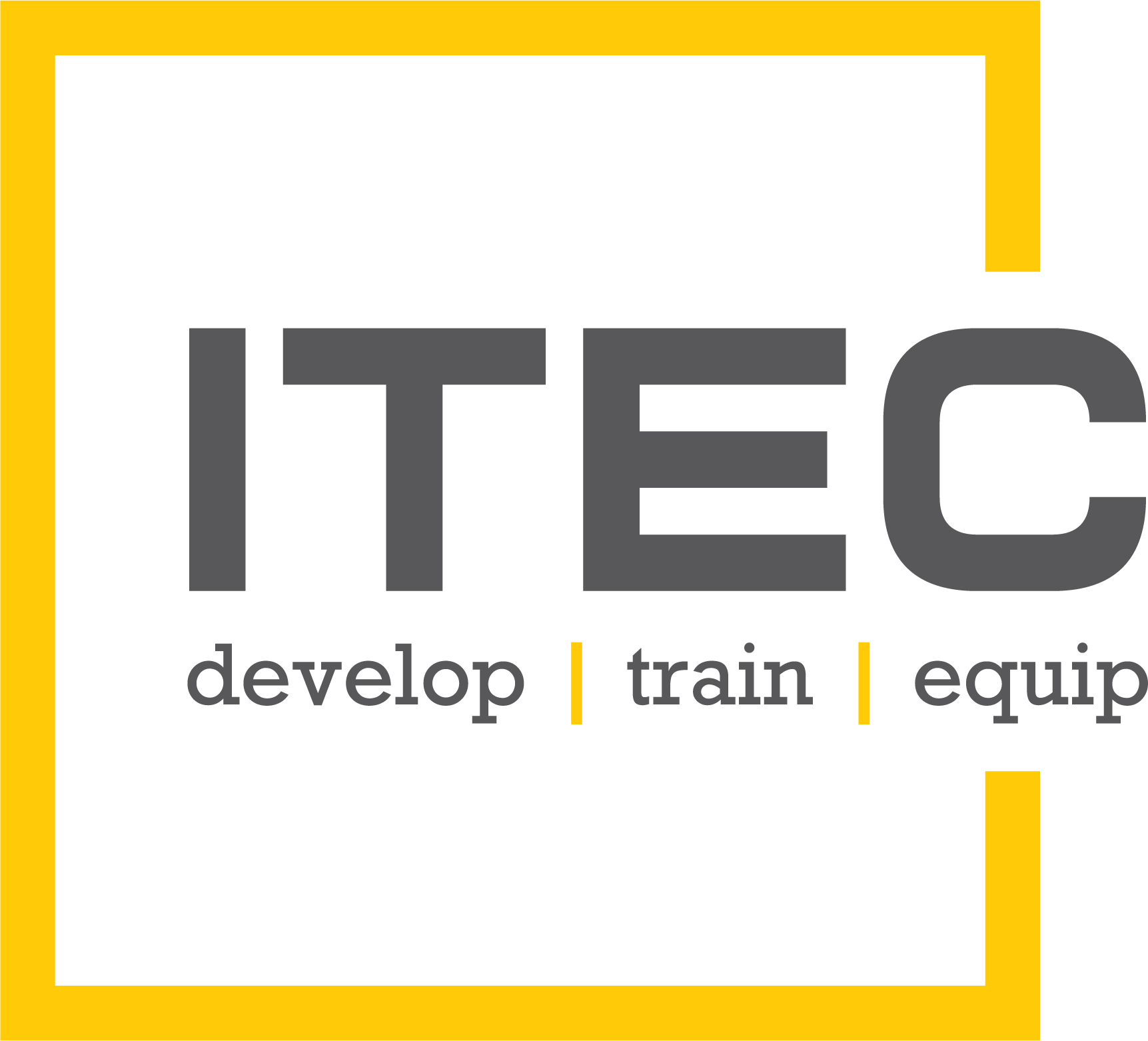The Journey to Empowerment
4 Things to Consider for Empowering Others in Your Missions StrategyMissions is intended to be a relay race, focused on empowering rather than enabling, thus creating self-sustaining and self-propagating ministry. This means trainers must hand off the proverbial "baton" to those whom they have trained, while the newly trained must be ready and willing to continue the race. This is the multiplying discipleship strategy we see in Matthew 28:19-20 and 2 Timothy 2:2. In an ideal situation, a trainer will pass the baton to those who've been equipped not only to continue the race, but also to disciple those who will carry on the work after them. The Waodani people, living in the Amazon Jungles of Ecuador, went from being an unreached people group, to being reached, and then dependent. They had the desire to join the mission of God by reaching their own people for the Gospel but were unable to do so because of well-meaning, kind-hearted Christ-followers who wanted to do everything for them. ITEC was started to address the Waodani's desire to participate in the Great Comission. ITEC exists to develop tools and training to empower local Christ-followers in ministering to their community for the sake of the Gospel. Here are four things to consider if you would like to start thinking about empowering others in your missions strategy and involvement. Willing Learners - There have to be mature Christ-followers in the local church who are willing to take ownership of the project. They must be able to see the need(s) and partner with the trainers to meet those need(s). It must be seen by the indigenous church as their own program instead of a foreign or outside project. Willing Trainers - This includes the right people with the right knowledge and perspective who are willing to teach others rather than just do it themselves. This can be harder than it seems. The concept of training rather than doing is easy to grasp, but hard to carry out. The trainer can easily do the work faster and more effectively than the trainees when they first begin training. The trainer, however, will only be there for a short period of time while most of the trainees will be there for the rest of their lives. This means the trainees will be able to carry on with the skill long after the trainer has left the area. Delivery Method - Short term trips (1-2 weeks) can provide a great opportunity for training and equipping. A pre-planned exit strategy is considered an integral part of the short term training delivery method. Training and Tools - The development of new training and tools usually requires much creativity and innovation, especially when developing new methods for self-sustainability. The training should include mostly just the basics, with intensive times of both learning the information and applying the skills. This approach will provide the trainees with the confidence and ability to carry on the work when the training team leaves. Some examples that are currently working include dentistry, medicine, eye exams, agriculture, media and mechanics. While our team at ITEC doesn't have all the answers, we are striving to continue pressing forward with the vision for missions God has given us. If you would like to learn more about important questions to ask and approaches for empowerment, please explore the following resources. The Missions Dilemma - a DVD and workbook addressing important questions regarding missions. Other Christian organizations that focus on empowerment: Life in Abundance, mPower Approach, FAME, Reaching and Teaching, Renew World Outreach.
Give Where Needed Most

